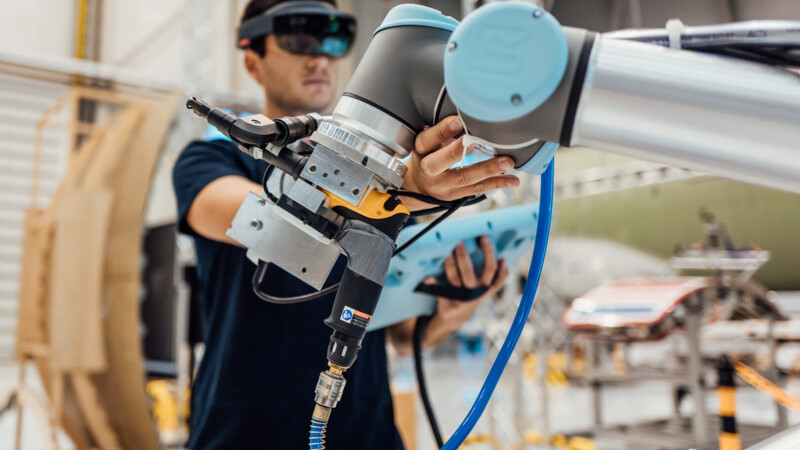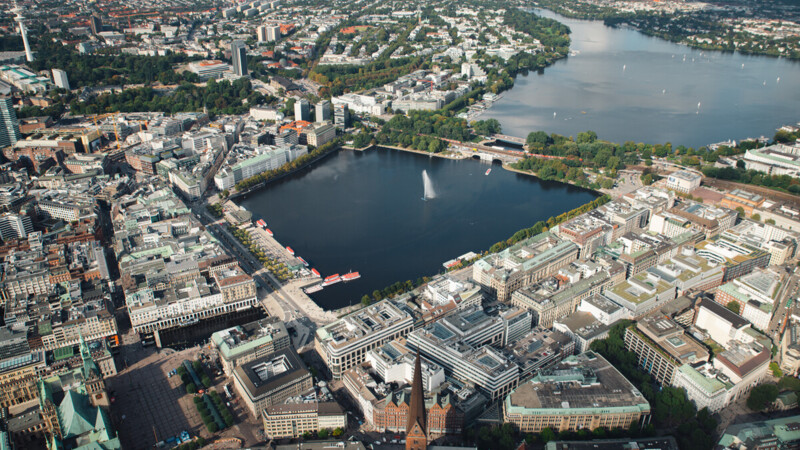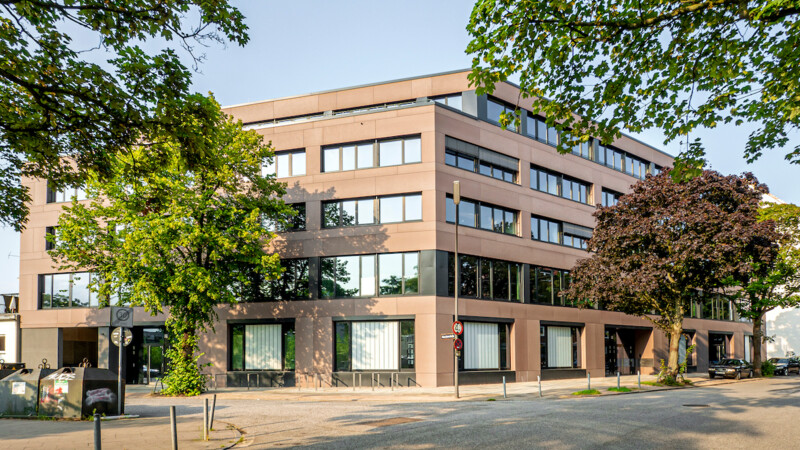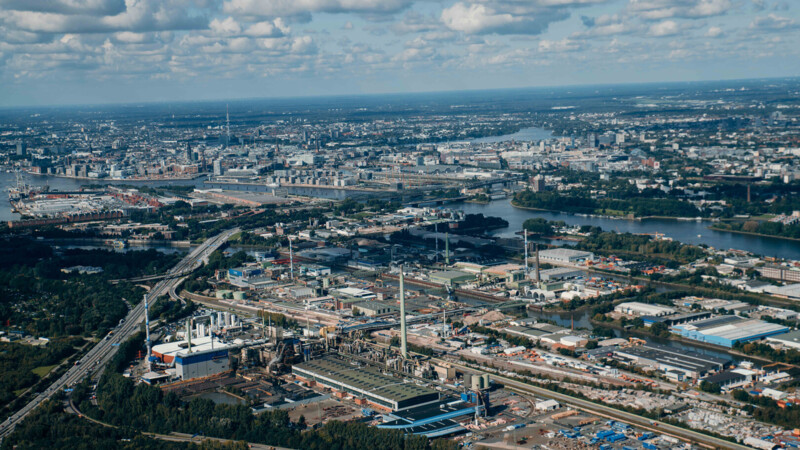"The senate and the Chamber of Skilled Crafts are working hand in hand to strengthen the skilled crafts sector and to give skilled craftspeople good prospects for the future," said Dr Peter Tschentscher, Mayor of Hamburg. "The Master Plan 2030 allows us to help the next generation, to provide new spaces, to digitalise businesses and to ease the switch to climate-friendly technologies." Hjalmar Stemmann, President of the Chamber of Skilled Crafts, stressed: "Skilled crafts need new blood and space. Skilled crafts must be able to move around the city." Many concrete measures have been adopted through the plan to solve these problems.
The senate and the Chamber of Skilled Crafts have signed the "Masterplan Handwerk 2030" in late April to position the industry for the future. The crafts sector is an important economic factor in Hamburg with over 15,000 companies, around 105,000 employees and an annual net turnover of more than EUR 11 billion in 2019.
Collaboration between senate and chamber
Clear goals
One of the main goals is to build so-called stacked commercial courtyards, in which craft enterprises can be accommodated on several floors. The sector will also be given greater consideration in traffic planning. The vehicles used in the crafts sector should be able to reach all parts of the city and stay there if necessary. New incentives are to be introduced to encourage businesses to switch to electric vehicles.
The master plan also promotes entrepreneurs in the crafts sector. The "Innovation Handwerk" eases the integration of the skilled crafts into Hamburg's innovation ecosystem and the senate is forging closer co-operation between craft companies and start-ups to this end. Plans are also being laid to ease the establishment of new businesses and to help businesses with digitalisation.
tn/sb/pb
Sources and further information
More
Similar articles

New Fab City Lab to open in downtown Hamburg

Two new projects to advance Hamburg's innovation strategy

Crafts and trade centre opens in Barmbek
